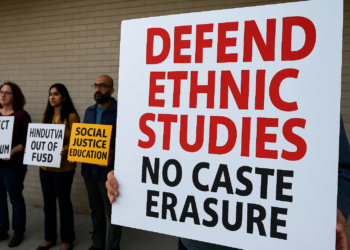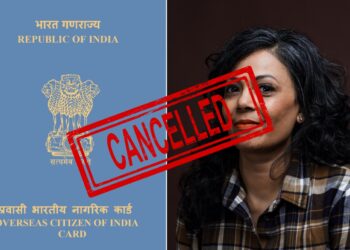The current surge in labor unrest across Asia, Australia, and the Pacific underscores significant pressures on workers in various industries. From garment workers in Bangladesh to healthcare professionals in New Zealand, employees are fighting for fair wages, improved working conditions, and respect for their rights. This article delves into these struggles, highlighting their causes, actions taken, and broader implications for labor movements in the region.
Bangladesh: Garment Workers Protest Factory Closure
In Gazipur, Bangladesh, over 500 garment workers from Denis Knitwear have been protesting the abrupt closure of their factory. The closure, which took place during the Eid vacation, left approximately 2,000 employees jobless and unpaid. Workers, who have faced threats and violence, have staged sit-down protests and rallies, demanding the factory’s reopening and an end to worker harassment. Despite police intervention blocking their march to the prime minister’s office, union efforts led to the submission of a memorandum calling for adherence to a previously agreed tripartite agreement between factory owners, the government, and workers.
India: Multiple Protests Over Wages and Working Conditions
In India, labor unrest is evident across several states:
- Tripura: Brick kiln workers, many of whom are migrants, protested in Agartala over non-payment of wages, inadequate food and water, and lack of medical facilities. The workers, unpaid for six weeks, demand immediate resolution of these issues.
- Kerala: Workers from Milma dairy factories in South Kerala walked out over delays in promotions. Although the strike was called off after a vague assurance from management, the underlying issues remain unresolved.
- Air India Express: Cabin crew from the airline protested changes to their compensation package, resulting in mass flight cancellations. Despite intervention by the chief labor commissioner and the withdrawal of termination notices for 25 sacked workers, the core grievances about employment terms remain unaddressed.
- Karnataka: Contract workers at Victoria General Hospital in Bengaluru protested their termination. These workers, employed by a previous contractor, were replaced when a new contractor took over. The protest ended with police intervention and detention of the demonstrators.
Pakistan and Sri Lanka: Wage Protests and Strikes
In Pakistan, daily wage workers at a private hospital in Swat province demonstrated against wage cuts and delays. Despite being promised a minimum wage of 32,000 rupees, they received only 25,000 rupees, leading to protests against unfair labor practices.
Sri Lanka has seen significant labor action among various sectors:
- Village Level Service Officers: Around 12,000 Grama service officers have been on strike since May 6, demanding better allowances and working conditions.
- Government Health Workers: Medical workers across seven provinces initiated a strike for improved allowances, affecting various health professionals.
- Non-Academic University Staff: About 13,000 workers from 17 universities have been striking since May 2, demanding salary increases, more staff recruitment, and better pension fund provisions.
Australia and New Zealand: Industrial Actions for Fair Pay
In Australia, labor actions have been widespread:
- Wilmar Sugar Workers: In Queensland, 700 workers from Wilmar Sugar mills have conducted strikes demanding higher pay, rejecting a proposed enterprise agreement that offers less than inflation-adjusted increases.
- Public School Cleaners in New South Wales: Over 100 cleaners protested in Parramatta against low wages and job insecurity, calling for the state government to reintegrate their jobs into the public service.
- Ventia Workers at Defence Barracks: About 90 workers in Victoria went on strike for higher pay and fairer conditions, highlighting inequities in their employment terms.
- Health Professionals in Tasmania: Radiographers and other medical technologists at Royal Hobart Hospital protested dangerous staffing levels, demanding wage parity with private sector counterparts to mitigate staff shortages.
- Ballarat City Council Workers: Over 200 workers from various departments began industrial actions for better pay and conditions, following unsuccessful negotiations with the council.
In New Zealand, nurses protested chronic staff shortages across public hospitals. With over a quarter of nursing shifts falling short of safe staffing targets, the NZ Nurses Organisation has called for increased government funding to address the crisis.
Conclusion
These labor struggles across Asia, Australia, and the Pacific reflect a broader trend of workers increasingly willing to fight for their rights amidst worsening economic conditions. The persistent issues of wage theft, job insecurity, inadequate working conditions, and insufficient government support are driving workers to take collective action. As these protests and strikes continue, they underscore the urgent need for systemic changes to ensure fair treatment and adequate compensation for all workers.









